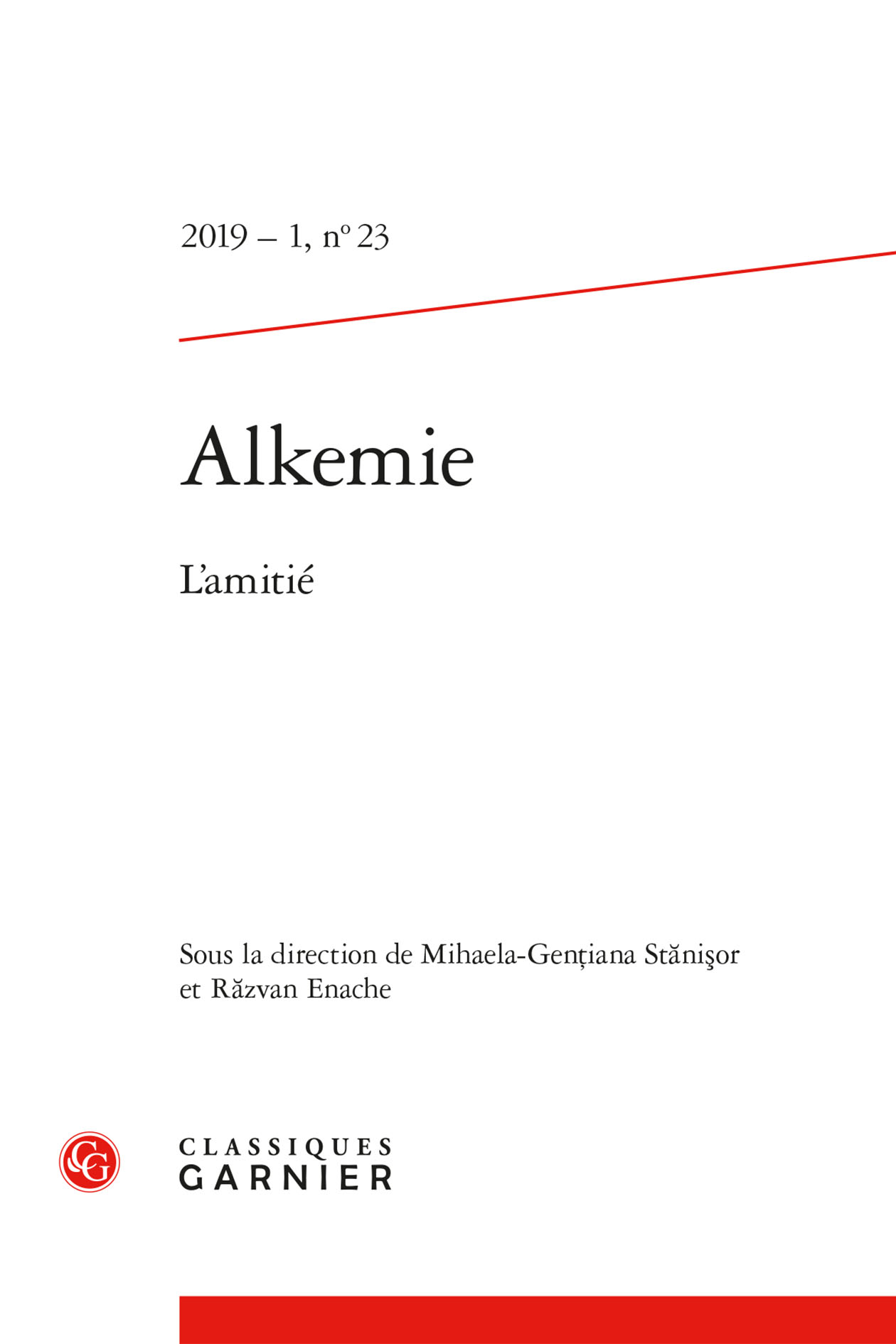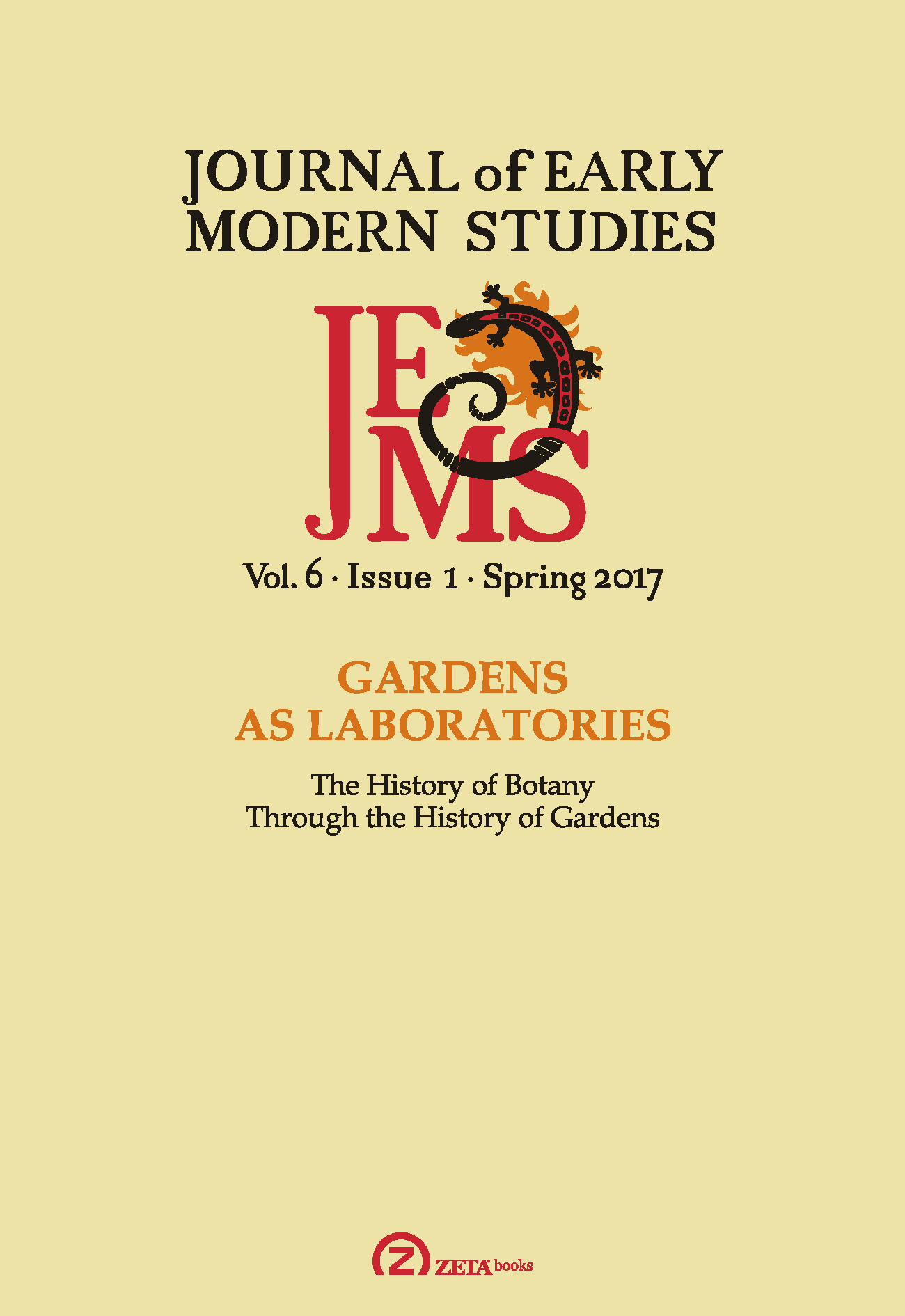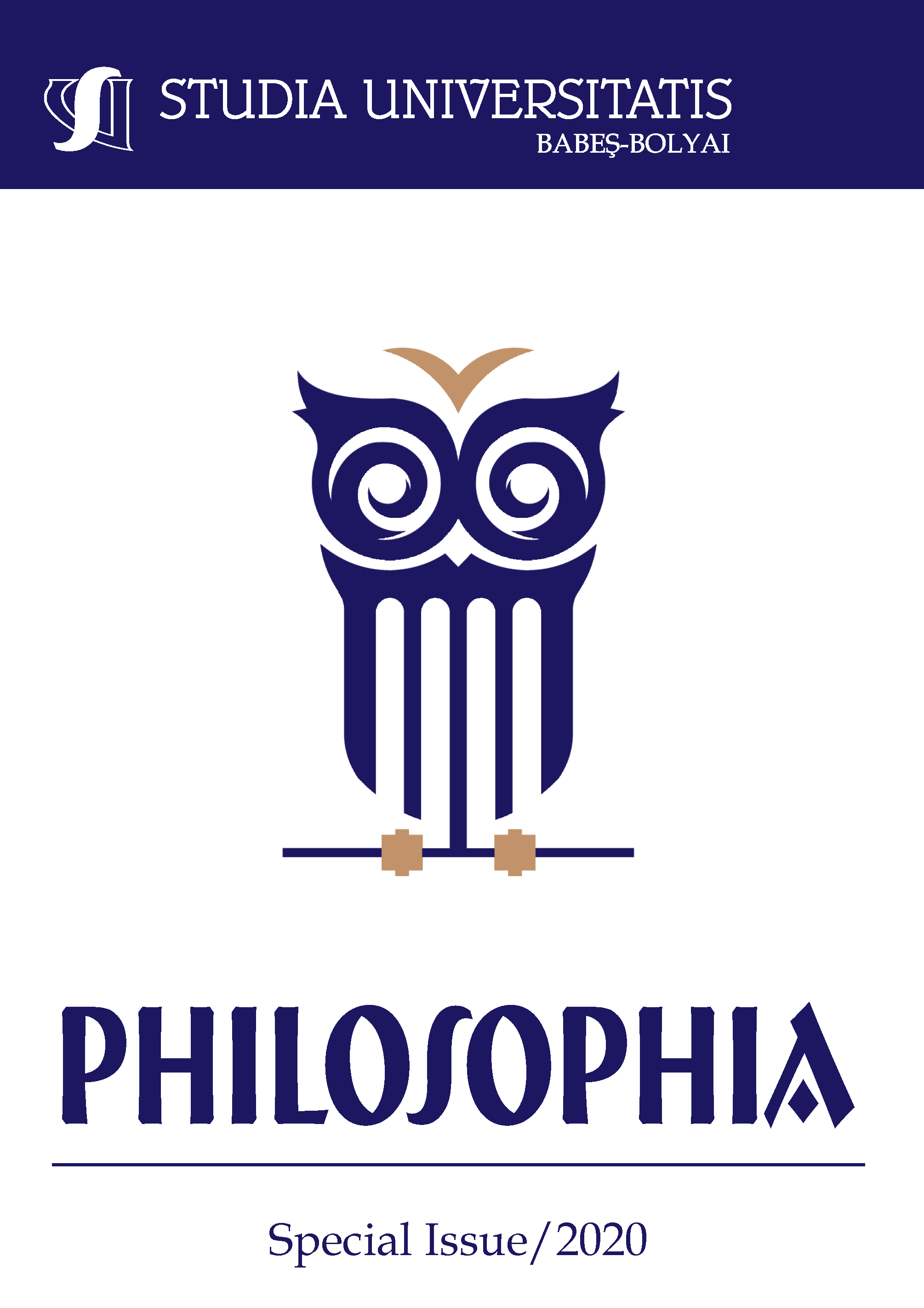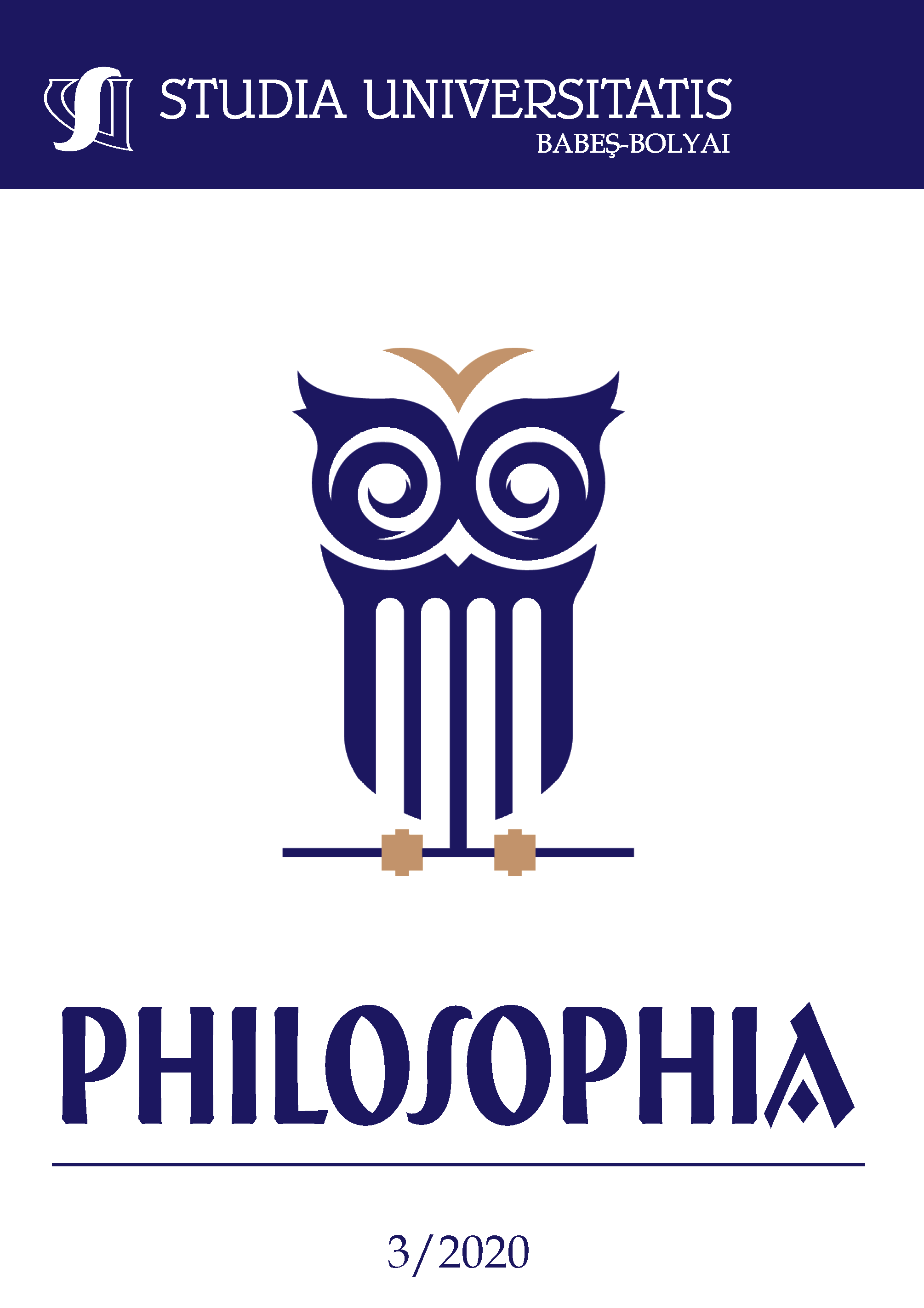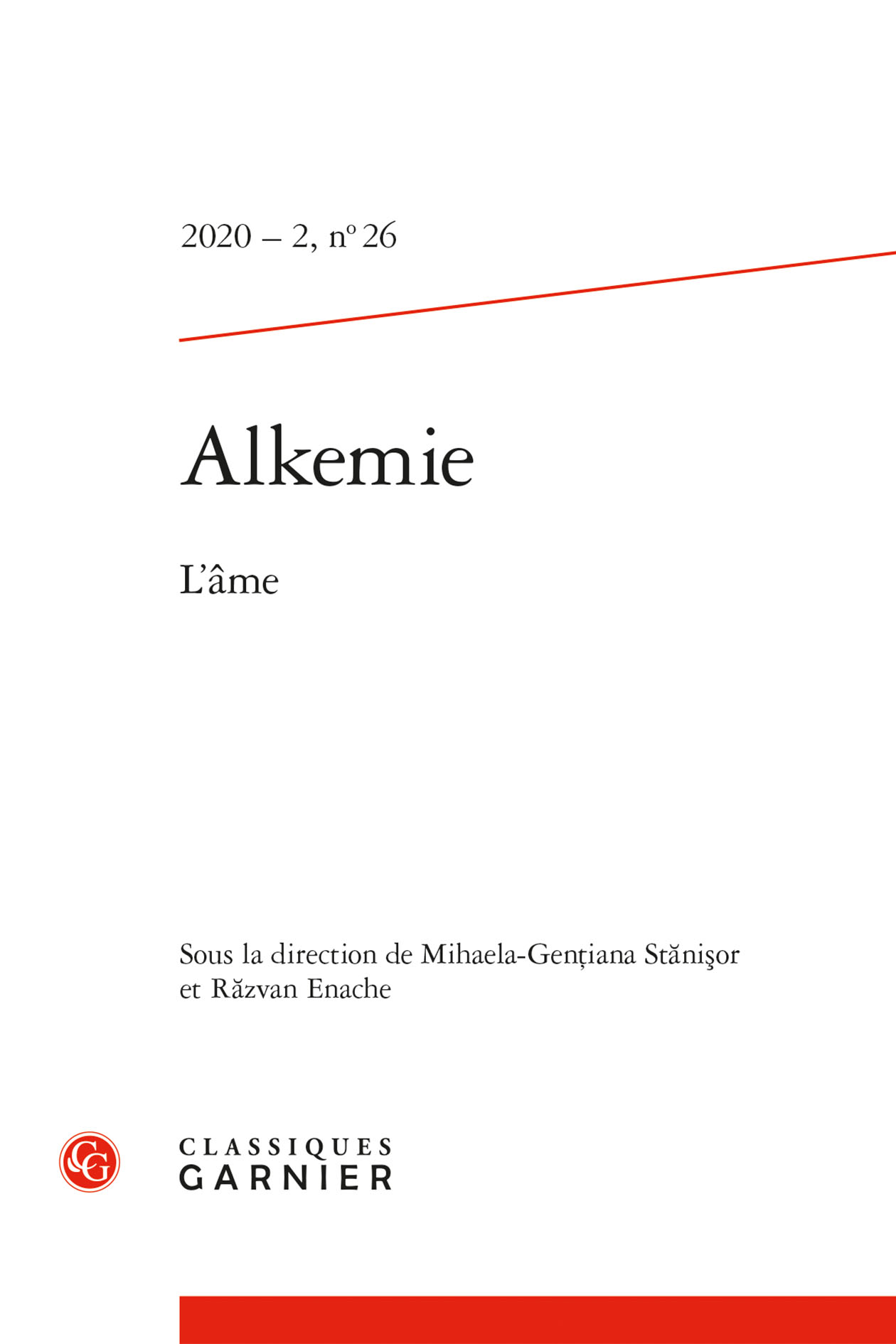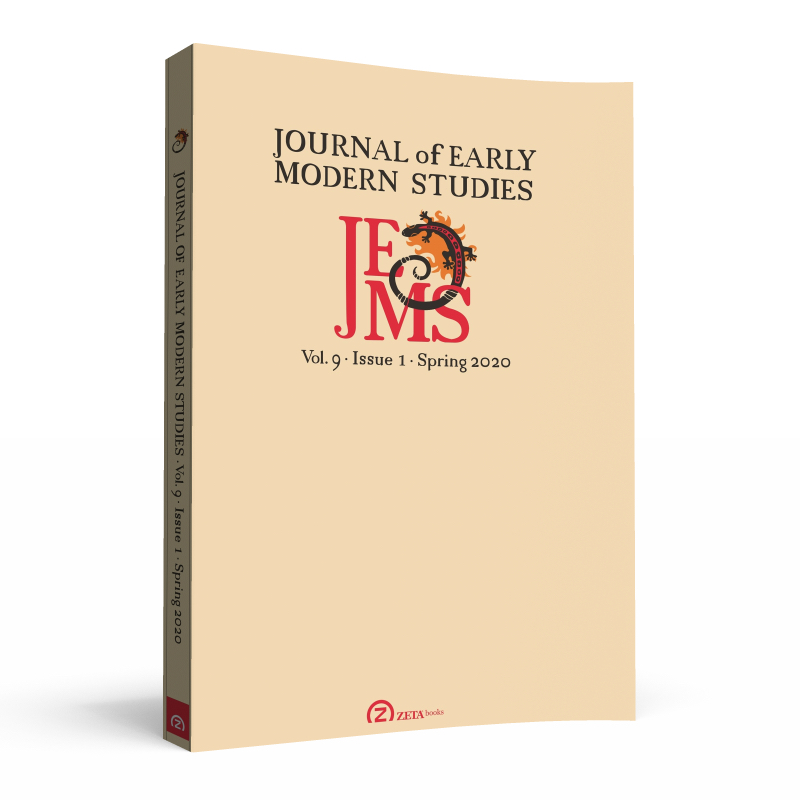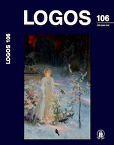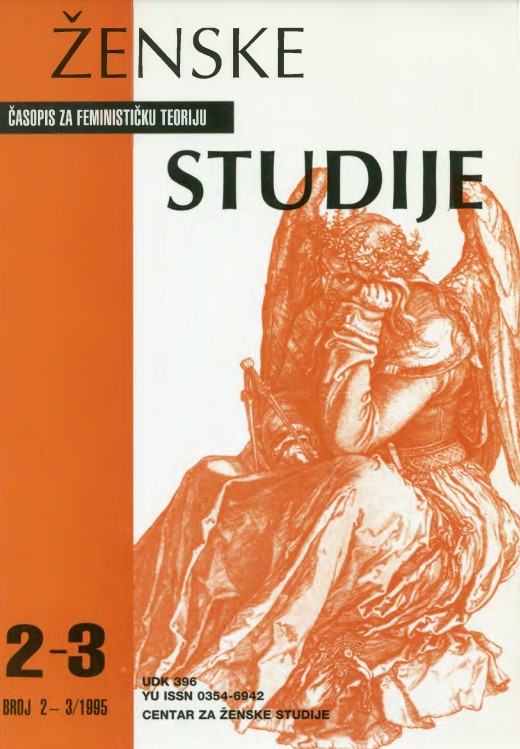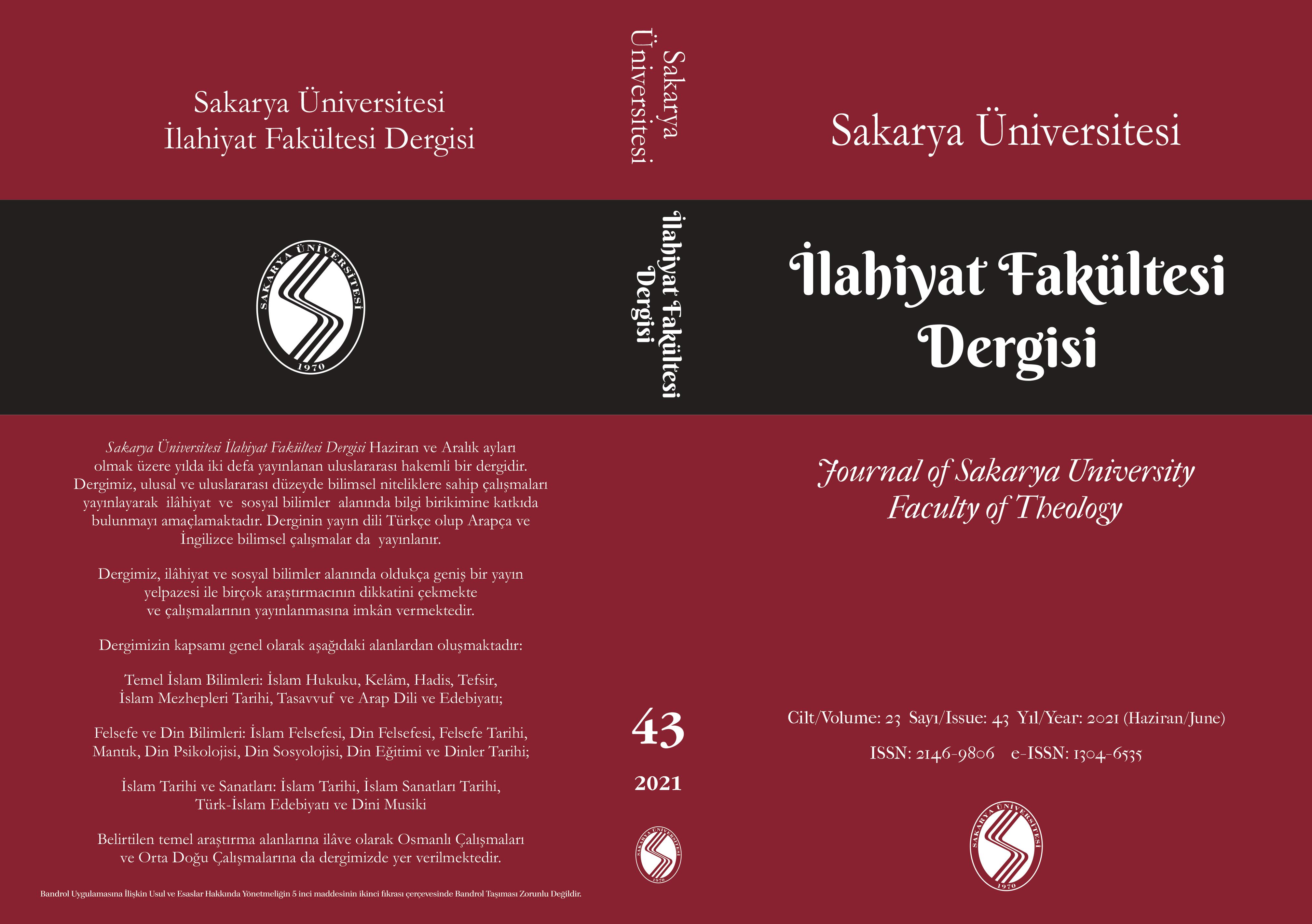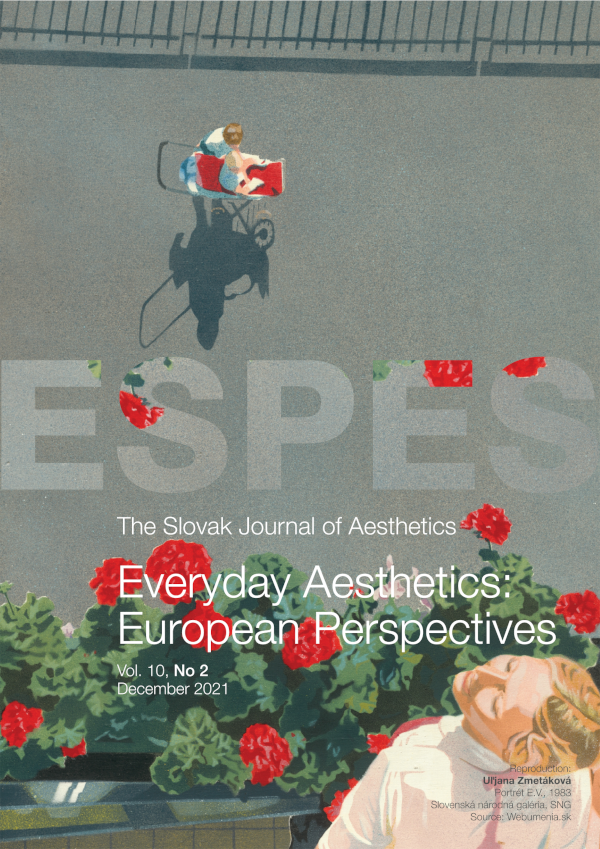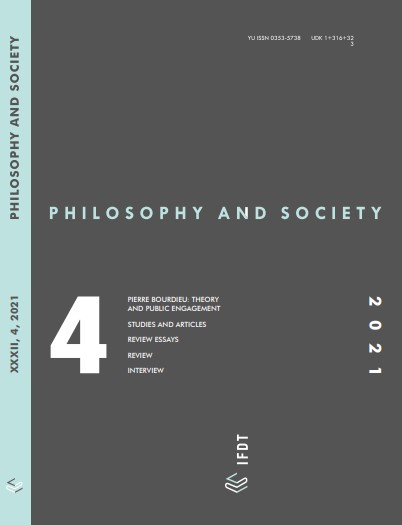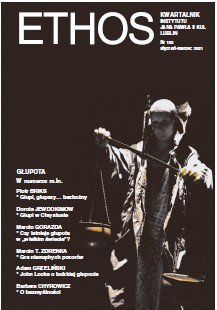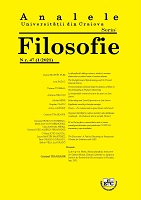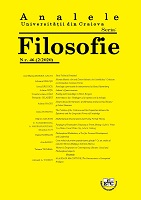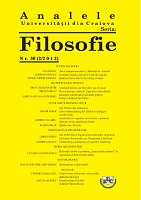Author(s): Tuğba Torun / Language(s): Turkish
Issue: 2/2020
Ethics has been an important discipline that has been discussed for ages without losing its importance or timeliness. With this importance, a problem regarding the source of ethics appears throughout the ages with different views and theories following accordingly. One of the various suggestions made regarding the source of ethics is the secular understanding of ethics. The modern period where knowledge is thought to be power is also the period where secular ethics came into prominence. Accordingly, the purpose of this article is to study secular ethics, a perception of ethics that interprets the source of ethics outside of the religion and within the earthly world and considers reason to be the ethical principle rule maker. The aforementioned way of thinking was put forward in accordance with the English philosopher Francis Bacon (d. 1626) who was referred to as the father of modern science owing to him uttering “Knowledge is power’’ slogan at his age. Although the philosopher is more widely known more for his properties as a scientist, he also shared his thoughts on ethics in his works titled The Essays and in The Advancement of Learning. Although the ideas suggesting that religion is not the source of all ethics were voiced prior to Bacon, he, as a clear reflection of the fundamental characteristic of English empiricism, went down in history as the first person who expressed the modern philosophy approach and enlightenment view replacing classical philosophy approach and teleological universe view in the English history of thought. Bacon stated clearly that experiments and experiences are essential for scientific knowledge and accordingly, emphasized that the mind could explain everything related to humanity and the universe. This emphasis laid the ground for a secular moral understanding which does not base religion as its source, thus making it secular. With that mentioned, it should be noted that the period that he was in had an important role in his acceptance of secularized ethics. The said time period is a period where the Industrial Revolution occurred and colonization policies rose with it. Accordingly, how the Industrial Revolution and the scientific developments that led to it had encircled Bacon could be understood from his motto. This encirclement could easily be seen in his leadership of settling in science as a power in our minds and how he reflects the scientific methods to the ethics. As much as the socio-cultural conditions that were created by the Industrial Revolution had an effect on the ideas of Bacon, the psychological effect that was created by his ‘’Knowledge is Power’’ understanding had an influence over colonial policies. The viewpoint “Knowledge is power’’, which prepared the Industrial Revolution and later on utilized it to increase its own importance and strength, brought mental transformation and changes in consciousness with it. Humanity now believed that they had authority over nature and had the power to rule over it. It developed an ethical viewpoint that it could utilize nature as it likes for its own benefit and comfort. The said consciousness has created differences in ethics and behaviors while causing the purposes of and ways to be ethical to change. Accordingly, having information has emerged as the most important ethical act and sentiment; reality and meaning have been started to be searched in the world where humans could feel and see. It could be said that the secularized ethical viewpoint Bacon laid the foundations of started here. In addition to controversial aspects of secular ethics that Bacon tried to lay the foundations of independent of religion, we could refer to a positive aspect such as this: In the present, religion has sometimes been suggested as the source of the evil deeds that were done by humans and even natural and ethical evils have been used to imply that there is a God that wants bad things for humanity. Secular ethics could be utilized to show how ungrounded these claims are. In other words, secular ethics could be utilized to point out that claims putting the responsibility of immoral attitudes and acts on religion and blaming religion for these acts have no concrete ground. Although his personality as an ethics philosopher has been secondary, the importance he has due to voicing an ethical understanding that is outside of religion, that is secular ethics, makes it clear that there is a need for more studies regarding him. This article was written due to this necessity and utilized secondary sources to present Bacon’s views on ethics.
More...
